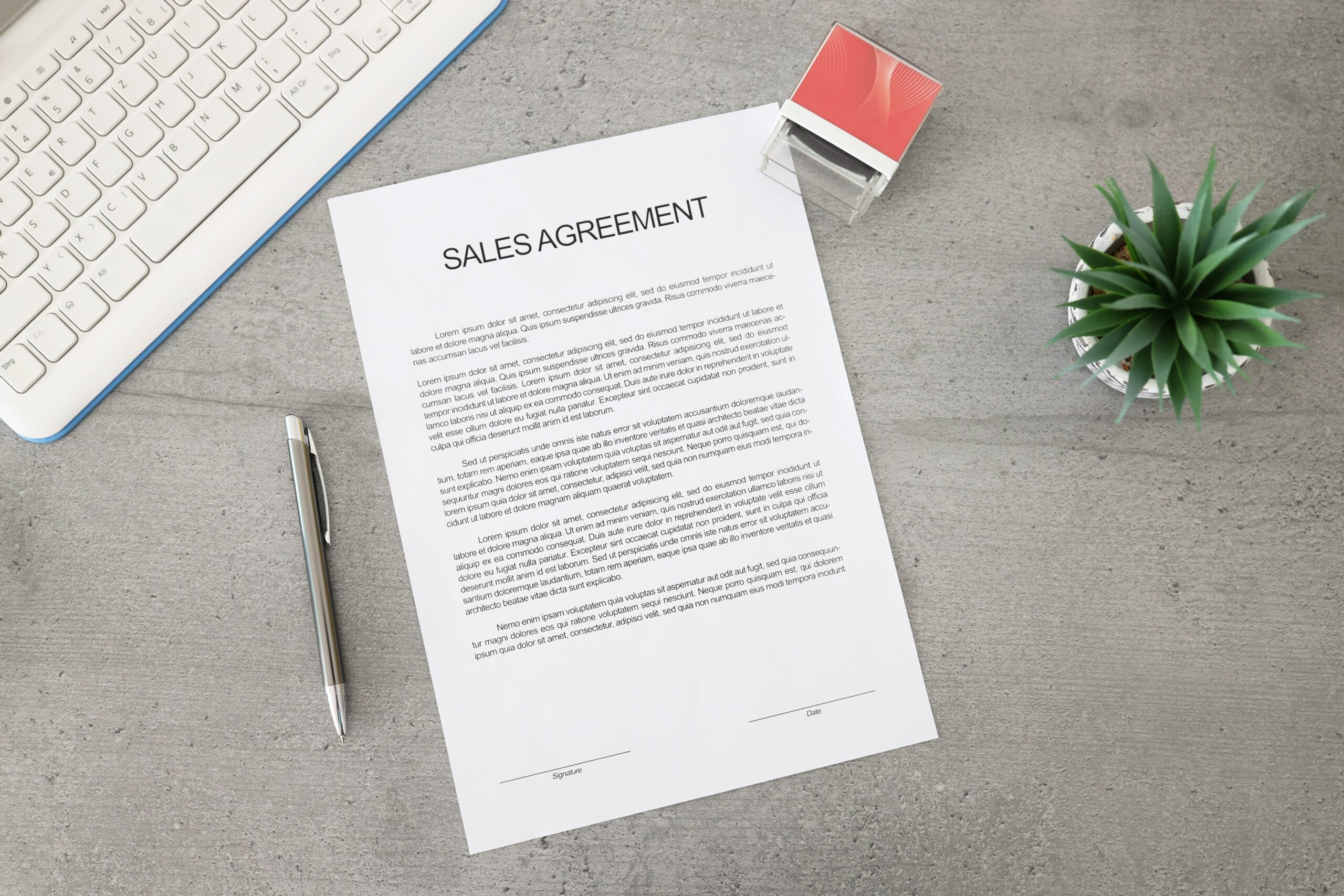Handshake deals can be unenforceable, can be hard to prove and can damage customer relationships. To improve your Accounts Receivable collections, you should “paper the sale” by putting all terms in writing. This article will discuss how written agreements help AR collections and can make them unnecessary.
Written Agreements Make AR Collections Enforceable
Having a binding contract is crucial to AR collections. However, in New Jersey, some oral contracts are unenforceable.
As a general rule, a sale of goods needs a signed writing that indicates the existence of a contract and specifies a quantity. This could mean a signed sales agreement, or a signed purchase order that refers to an existing contract. You can also send a confirmation of sale for the customer to sign.
On the other hand, an oral contract to provide services is generally enforceable, assuming you could prove its terms.
Written Agreements Make AR Collections Provable
The second reason to paper the sale is evidence. Even if an oral contract would be enforceable, you’d still need to prove what the terms are. Written terms help AR collections because they serve as proof.
As a practical matter, you want to paper the sale so you can prove the specific goods or services sold, the quantity and the agreed-upon prices.
Written Agreements Can Make AR Collections Unnecessary
What happens when the customer says you made a mistake? You might disagree, but either way, you lose. As long as the customer thinks you’re wrong, either you’ll eat the loss or lose the customer.
But suppose instead of a handshake deal, the customer sent you a purchase order and you sent back a confirmation. With the details in writing, you’re less likely to err, and if the customer does, it’s less likely to blame you.
Whether the issue is enforceability, evidentiary, or avoiding errors and disputes, papering the sale is crucial to AR collections and should be part of your regular credit procedures.
For more information on AR collections, or if you’d like to discuss a specific collection issue, call me at 856-667-1669 or contact me here.
This material is for informational purposes only and should not be construed as legal advice. No person should rely on this information without seeking the advice of an attorney.
